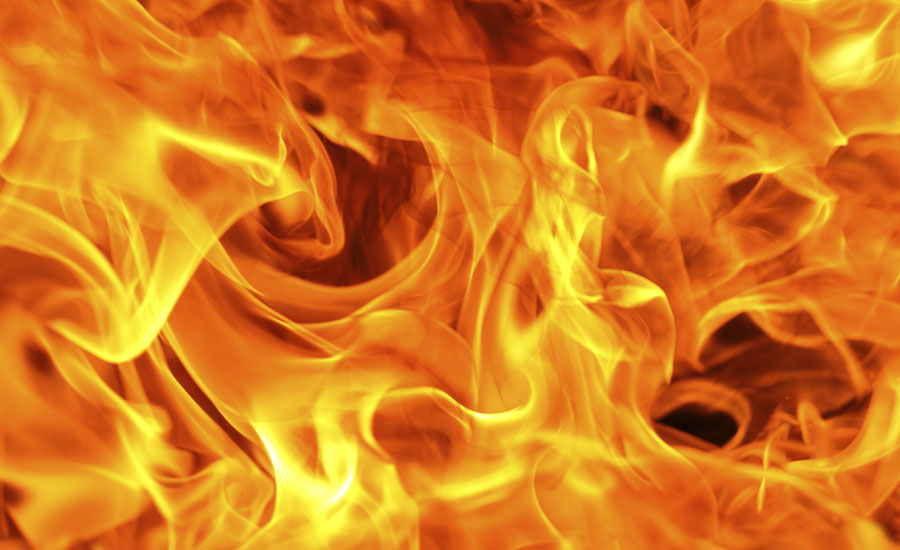The massive wildfire that has forced the evacuation of 90,000 Canadians and burned an area about the size of Houston has taken a toll on the region’s firefighters.
The 160 firefighters of Fort McMurray – the city first affected by the blaze – worked as many as 24 hours straight in the early days of the disaster, according to news reports. They also suffered smoke inhalation and injuries. Adding to their misery: some of their own homes burned in a decision to sacrifice some hopelessly engulfed neighborhoods in order to save other residential sections. In addition to city streets, firefighters have had to navigate rugged terrain.
One month of experience
The Fort McMurray firefighters were soon joined by nearly 400 colleagues from elsewhere in Alberta and beyond. The force includes eight probational recruits, who had one month of experience before being pressed into service.
The extra help means that shift schedules have returned to something approximating normal hours. On Saturday, exhausted firefighters got to sleep in a hotel and take their first showers in almost a week.
Cooler weather has now moved into the region, giving authorities hope a turning point has been reached – although they say the fire is expected to take months to extinguish.
Oil industry hit hard
The fire and mass evacuation has forced a quarter or more of Canada's oil output offline. The Alberta oil sands have the third-largest reserves of oil in the world behind Saudi Arabia and Venezuela. Its workers largely live in hard-hit Fort McMurray.
No deaths or serious injuries have been reported from the fire itself, but two evacuees died in a traffic accident during the evacuation.
Heavy smoke was reported in southwest Saskatchewan, a neighboring province.



